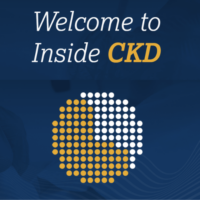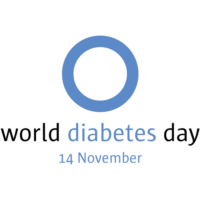
In 2024, the World Health Organization (WHO) reported that noncommunicable diseases (NCDs) account for approximately 75% of all deaths worldwide.
For pharmaceutical and biotech companies working in CVRMs, understanding future disease burden is essential to long-term strategy in order to inform decisions regarding where, when and how to invest resources for maximum impact of return. This is important when developing therapeutic interventions, but also for identifying where those interventions can have the greatest impact, and for making the case to act sooner.
In this context, epidemiological modelling is playing a growing role in evidence generation.

Chronic Kidney Disease (CKD) affects more than 10% of the population worldwide and is often associated with other conditions such as diabetes and hypertension. However, rare kidney diseases, although individually rare, collectively exert a notable impact on kidney health – accounting for an estimated 5–10% of CKD cases.
Despite their impact, rare kidney diseases often remain underdiagnosed and under-recognised within CKD care and policy frameworks. This raises critical questions: Why do so many rare kidney conditions go undiagnosed? Could rare kidney diseases account for more CKD cases than previously thought? And what would earlier diagnosis and targeted intervention mean for patients, health systems, and payers? This article aims to address these questions.

Addressing growing rates of obesity and its increasing strain on healthcare systems has become a key focus for many public health strategies around the globe. As part of the evolving landscape of obesity interventions, GLP-1 receptor agonists (commonly referred to as GLP-1 agonists) have emerged as a promising pharmacological solution. But how effective are GLP-1 agonists as part of a broader public health obesity strategy?

As part of AstraZeneca’s Accelerate Change Together (ACT) on CKD programme to drive chronic kidney disease (CKD) change across the healthcare ecosystem, the Inside CKD project stream projected the clinical and economic burden of CKD from 2022 to 2027 across 31 countries and regions. The results have recently been compiled into a comprehensive portal on the Inside CKD website.

November 14th marks World Diabetes Day, a powerful opportunity to raise awareness of diabetes as a major global health issue. This year’s theme, “Breaking Barriers, Bridging Gaps”, calls for action to reduce diabetes risk factors and ensure equitable access to quality treatment worldwide [1]. The global diabetes crisis: A growing challenge Diabetes currently impacts over […]
When you need a future-facing decision engine for big, real world population health questions, we are the people to turn to.
Solutions